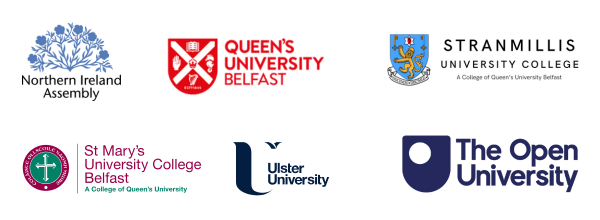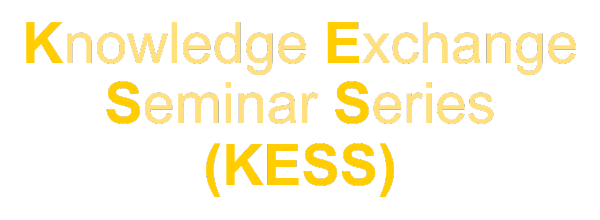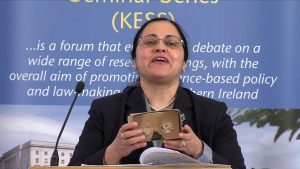
Role of Virtual Reality in Geography and Science Fieldwork Education
Prof Shailey Minocha (OU), Dr Steve Tilling (UCL Institute of Education) and Dr Ana-Despina Tudor (OU) – Fieldwork has a long tradition in geography, and in certain sciences, notably geology, biology and environmental sciences. Fieldwork involves leaving the classroom and engaging in learning and teaching through first-hand experience of phenomena in outdoor settings. Exploration in natural habitats introduces students to
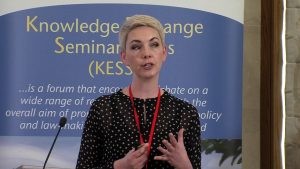
Better Reading for Better Outcomes- Working Collaboratively to Narrow the Attainment Gap
Dr Claire McDowell (Ulster), Prof Julian Leslie (Ulster) and Dr Catherine Storey (QUB) – Despite a nationwide understanding that reading well is essential to tackling the effects of poverty, Northern Ireland still has one of the highest percentages of children failing to reach the lowest literacy benchmark. Past research has shown that if children do not learn to read well,
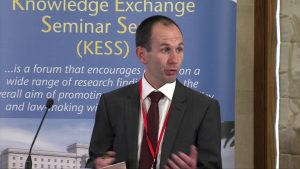
Using GPS tracking devices to explore the geographies of young people
Dr Sally Cook, Dr Paul McKenzie and Dr Stephen Roulston (Ulster) – This presentation highlights the communal divisions in one town in Northern Ireland, Coleraine, through the use of Global Positioning Systems (GPS) tracking. GPS can generate evidence to help us understand young people’s movements and geographies, particularly in a post-conflict context where notions of place, space and territory have
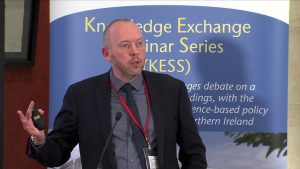
Interactive Technologies to Enhance Learning and Teaching in Higher Education
Prof Stephen McClean (Ulster) – While funding for higher education has been reduced there remains an impetus on universities to provide a high quality and engaging student experience. With increasing class sizes and diversity of learner, research reveals digital technology can be used effectively to enhance digital skills and promote active and collaborative learning opportunities. This presentation draws on such


